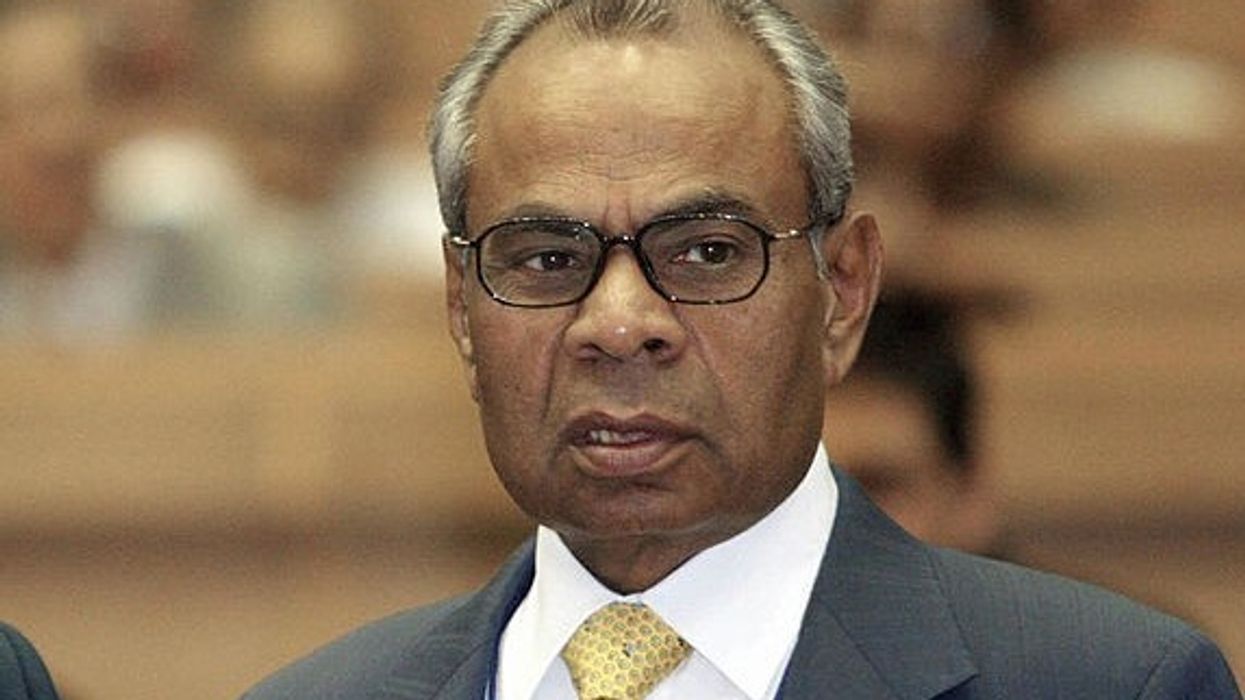HINDUJA Global Solutions (HGS), the BPO arm of the diversified Hinduja Group has reported about 68 per cent jump in consolidated net profit at Rs 1.36 billion (£14 million) for the September 2021 quarter.
Its growth was partly driven by its UK business.
The company had posted a net profit of Rs 813m (£8.15m) in the July-September 2020 quarter, HGS said in a statement after Indian market hours on Friday (12).
Its revenue from operations during July-September 2021 increased 18.8 per cent to Rs 15.8 bn (£16m), compared with Rs 13.3 bn (£13m) in the year-ago period.
"HGS reported excellent performance in Q2 FY2022. Overall revenue for the quarter stood at Rs 15,826 million (£158m), an increase of 18.8 per cent year-on-year, while Ebitda grew by 21.2 per cent y-o-y to Rs 2,269 million (£23m) and PAT (profit after tax) by 67.9 per cent y-o-y to Rs 1,365 million (£14 million)," HGS executive director and global CEO Partha DeSarkar said.
He added that the performance was driven by robust growth in revenues and margins of the company's UK business as well as digital and healthcare business.
"Strong revenue growth coupled with savings from the hybrid working model helped us mitigate challenges arising from talent supply constraints to report increased Ebitda margins in Q2," he said.
DeSarkar noted that today's market continues to witness a strong demand for high-value customer experience services.
"Our sustained investments in priority verticals, such as the UK public sector, and the 3As (automation, analytics and AI) in a cloud-first model are creating newer opportunities for us. Clients want engagements that help them innovate, optimise and grow," he said.
The deals HGS has won in the past few months and its healthy pipeline exemplify this trend, he said.
DeSarkar added that going forward, the company's strategy is to continue to invest in intelligently integrating people with technology to design enhanced experiences and position HGS as a preferred growth partner for its clients.
The company declared its second interim dividend of Rs 10 (10p) per share.
Its headcount was at 46,698 at the end of the said quarter, an increase of 3,929 from the first quarter of FY2022.
HGS' board had, in August this year, entered into definitive agreements to sell the healthcare services business to the subsidiaries of Betaine BV, which is owned by funds affiliated with Baring Private Equity Asia (BPEA).
The transaction is based on an enterprise value of $1.2 by (£890m) and is subject to closing adjustments, shareholder and other regulatory approvals. The divestment was approved by the shareholders in September.
(PTI)




